What are the Global Challenges for Lifelong Learning?
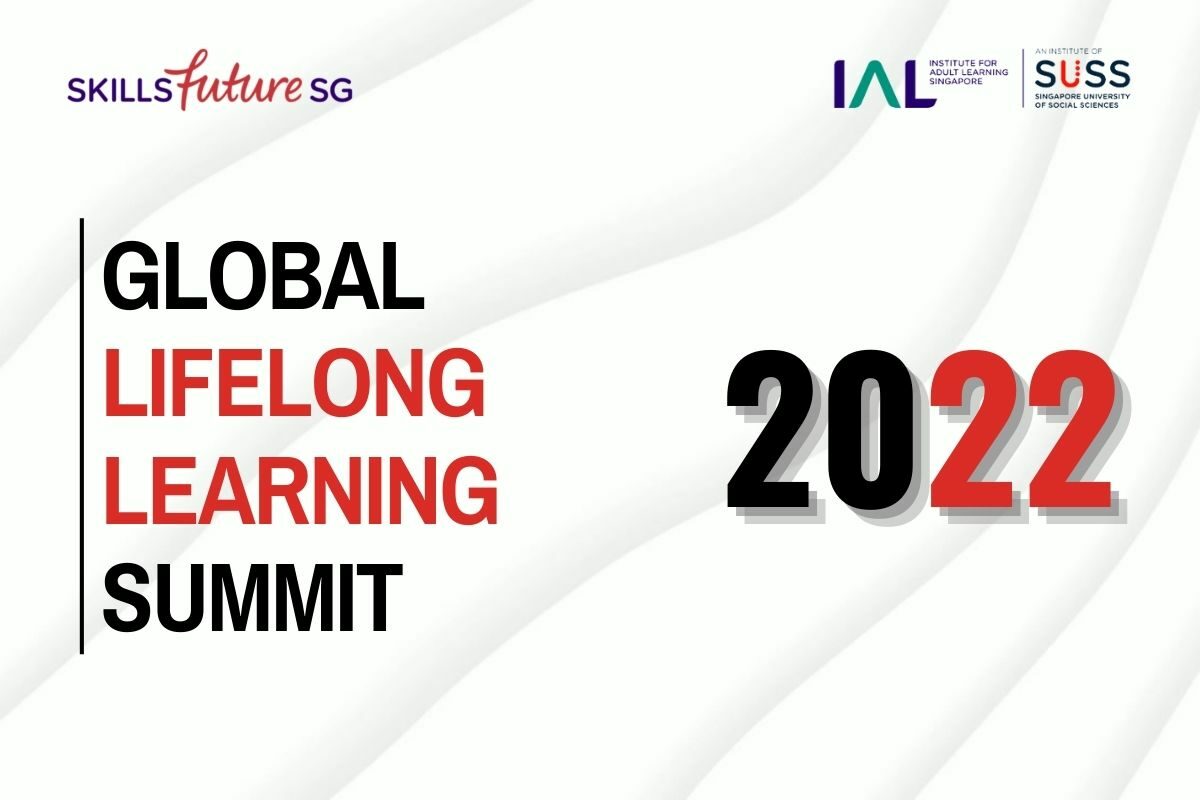
Singapore’s Global Lifelong Learning Summit gathers global experts to discuss lifelong learning as a key enabler of growth
More than 300 practitioners from ASEM, ILO, OECD and UNESCO, together with representatives from leading public and private sector organisations, come together to exchange best-in-class practices and discuss ideas and collaborations to strengthen lifelong learning as an enabler of inclusive economic growth.
Singapore hosted academics, leaders of international organisations, industry captains and government administrators from around the world at the inaugural Global Lifelong Learning Summit (GLLS) 2022 today. The GLLS 2022 is jointly organised by the Institute for Adult Learning (IAL) and SkillsFuture Singapore (SSG). Entitled “Maximising the Socio-Economic Impact of Lifelong Learning”, this inaugural GLLS is held over two days, on 1 and 2 November 2022.
Guest-of-Honour, Singapore’s Senior Minister and Coordinating Minister for Social Policies, Mr Tharman Shanmugaratnam, officiated at the first day of the Summit. Singapore’s Minister for Education, Mr Chan Chun Sing, will attend the event on the second day, together with the Australian Minister for Skills and Training, Mr Brendan O’Connor.
Summit participants will discuss how different stakeholders can be involved in building a lifelong learning system that continues to be relevant and effective in generating growth for individuals and economies amidst a more uncertain global environment and rapid advances in technology.
There will be international partner sessions by the Asia-Europe Meeting (ASEM) Lifelong Learning Hub, the International Labour Organisation (ILO), the Organisation for Economic Cooperation and Development (OECD), and the UNESCO Institute for Lifelong Learning (UIL). Participants will also hear from and engage with SM Tharman Shanmugaratnam, Minister Chan and Minister O’Connor.
“How can we best adapt lifelong learning to a fast-changing economic landscape? Correspondingly, how can our continuing education and training (CET) systems be sharpened as the tool of adaptation for individuals, businesses and societies amid these rapid changes? We hope this Summit will become a useful platform, in this part of the world, for us to learn from each other, seed ideas and crystallise new partnerships, to address these common challenges and push the envelope further for lifelong learning,” shared Mr Tan Kok Yam, Chairman of IAL Council and Chief Executive of SSG.
“With global economic turmoil and radical changes in how people work, continual learning has never been more important than today. This long-awaited inaugural event looks into the crux of business success – human capital. Investing in an individual’s lifelong learning capabilities establishes their prospects for successful advancement and makes them a more valuable contributor to the workplace and the economy,” said Professor Lee Wing On, Executive Director, IAL.
“We are now moving from rhetoric to action. As we face salient changes in citizenship, climate change, health and well-being, among others, more countries are seeing the increasing importance of lifelong learning and are putting measures and strategies to make it a reality,” shared Mr David Atchoarena, Director, UIL.
“Micro-credentials are central to knowledge enhancement and employability, and there is a growing demand and interest in its use. Regulatory frameworks, as well as the establishment of adequate incentives, skills recognition and career guidance, are therefore crucial to promoting the widespread adoption of micro-credentials,” said Mr Pedro Moreno Da Fonseca, Technical Specialist, ILO.
For more details on the inaugural GLLS 2022, please visit https://GLLS2022.sg. The programme, speakers list and Chinese glossary are here: https://bit.ly/GLLS2022.
Read Minister Chan Chun Sing’s speech at the GLLS 2022 here.
Video interviews with Global Lifelong Learning specialists:
Professor Phillip Brown discusses the future work and technology and how this may impact Lifelong Learning at GLLS 2022
Phillip Brown, Research Professor, Cardiff University is a specialist in researching the future of work and the impact of emerging and existing technology in the world of work and particularly how this needs to shape our thinking about the future of lifelong learning.
Phil discusses what the impact of tech, such as AI and machine learning could have on the future of work. What does this mean for the future of work? What is the potential impact on staff and graduates stepping into the world of work.
Phillip also discusses the patterns of social mobility and the nature of inclusion: who wins and who loses with the impact of AI, machine learning and emerging technologies?
Séamus Ó Tuama discusses Lifelong Learning Capital and the learner journey
FE News chat with Séamus Ó Tuama at the GLLS 2022 about Lifelong Learning and Capital and the learners journey
Séamus discusses: How can we create currency and value in lifelong learning? Séamus explores the concept of seed capital and lifelong learning to get the learner’s journey started, social capital, identity capital, culture capital and human capital.
David Atchoarena discusses the global policy challenges for Lifelong Learning at the GLLS 2022
David Atchoarena, Director, UIL Unesco, discusses the global lifelong learning policy challenges and how these challenges are different globally and nationally.
In this indepth interview, David unpacks several of the sessions from the Global Lifelong Learning Summit in Singapore to provide an insight into the different challenges faced in Lifelong learning.
David explores and unpacks:
- Inter-generational Lifelong learning
- Social Contracts and individual entitlements for Lifelong learning
- Holistic Approach to Lifelong learning, including well-being and productivity
We also explore some of the points raised from Singapore’s Senior Minister Tharman Shanmugaratnam’s very interesting session on the future challenges for Lifelong learning. Particularly the three core identified by Tharman as areas to address for Lifelong learning:
Blue collar and white collar workers and the impact of the new phase of automation, particularly how to make life easier for the average worker.
The second core area identified by Thurman was the middle aged and mid-career worker and how to support
SMEs with Lifelong learning policies.
Tan Kok Yam discusses the Singapore Lifelong Learning Ecosystem
The Lifelong Learning System Evolution Throughout the years
A major turning point for Singapore’s Lifelong Learning system was in 2015. This is when the SkillsFuture movement began.
This national movement allows people to choose their own learning journey. Learners invest in their own learning and take ownership of their future.
We discuss this and much more within this interview!
Short Interview with Tan Kok Yam
Dr Renee Tan discusses the GLLS 2022
Dr Renee Tan, Director Research Division, IAL, chats about Singapore’s Global Lifelong Learning Summit.
In this interview, we discuss the summit and its purpose.
The summit held an international dialogue on lifelong learning and global participation. It aimed to answer major questions such as, how do we get nations to cross-recognise credentials?
The idea was to take a holistic approach to unify systems and make learning more accessible.
One message to take out of this Summit is: Learning does NOT end when you finish school.
We discuss this and much more within this interview!
Short interview
Pedro Moreno Da Fonseca on the future of microcredentials and lifelong learning
Pedro Moreno Da Fonseca, Technical Specialist, ILO, chats about the future of Microcredentials and Lifelong learning at the GLLS 2022.
Microcredentials have the capability if showing adaptability and increase employability. However, we need:
- To have awareness of their existence
- To have uptake of microcredentials
- To guarantee the quality of learning
- To have extended cooperation between stakeholders
The future depends on what key stakeholders do to promote and guarantee the quality of microcredentials.
Pedro also highlights the importance of careers guidance and education so that individuals can have the right knowledge and skills to understand credentials and how they can be used and combined with formal education to help them achieve their objectives.
Short interview with Pedro Moreno Da Fonseca
Aaron Benavot chats about the future of lifelong learning
Aaron Benavot, Professor of Global Education Policy in the School of Education at the University at Albany, chats about the future of lifelong learning.
The future of lifelong learning is taking into account a much more diverse, rich, highly varied way in which learning occurs. Needs and interests vary. To improve motivation, this must be taken into acount!
You must put the learner at the center and understand what they need in order to co-create with them.
At GLLS 2022, they talked a lot about different reasons to learn:
- Learning to know
- Learning to do
- Learning to be
- Learning to live together
Watch the full interview here:
Glenda Quintini on the future of careers advise & guidance and skills
Glenda Quintini, Senior Economist, OECD, chats about the future of careers advise & guidance and the collaboration needed to ensure students are being educated on relevant skills for the labour market.
Many adults need to reskill and upskill so careers advise & guidance is especially important for adult learners.
Another important element of careers advise & guidance is raising awareness of where shortages might be and where emerging occupation are within the labour market.
Glenda Quintini also touches upon the importance of lifelong learning and collaboration between governments, businesses, training providers, etc. How can this be used to identify different national and international needs?
Glenda also gives real life examples of successful collaborations.

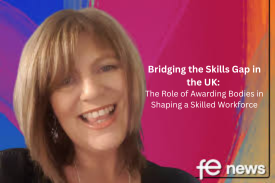
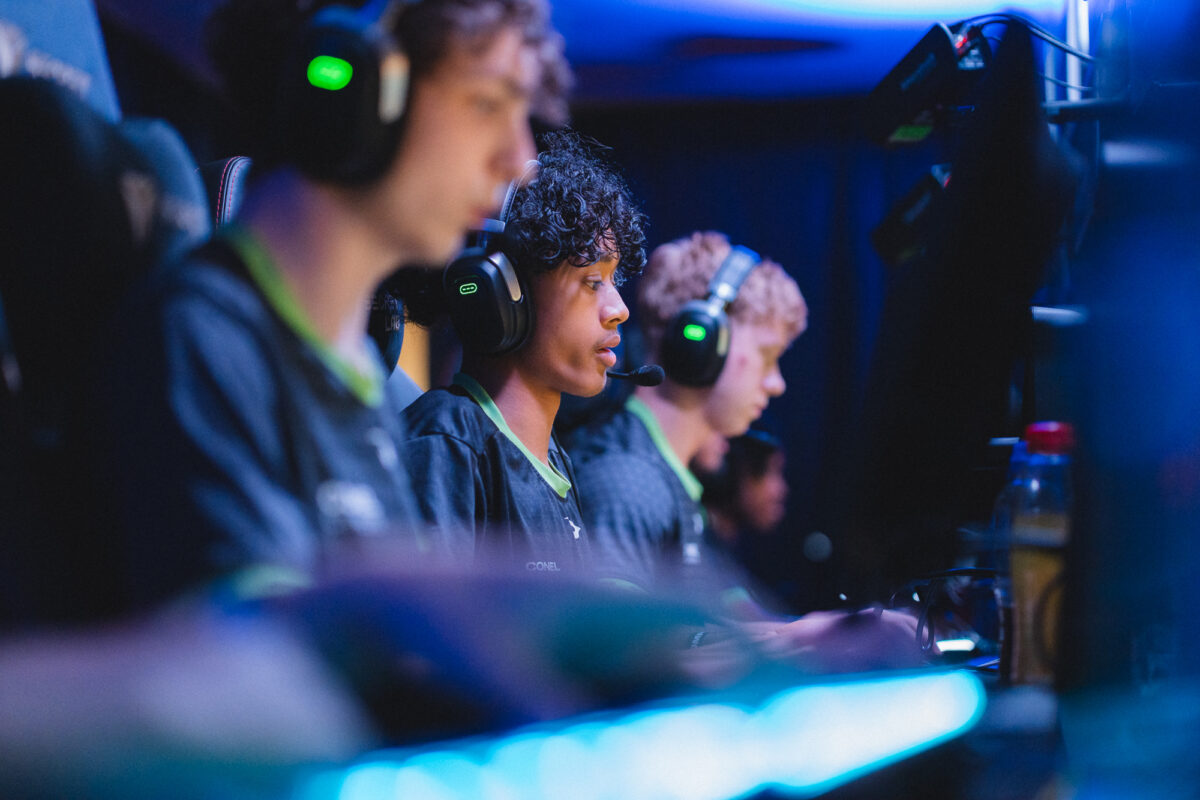

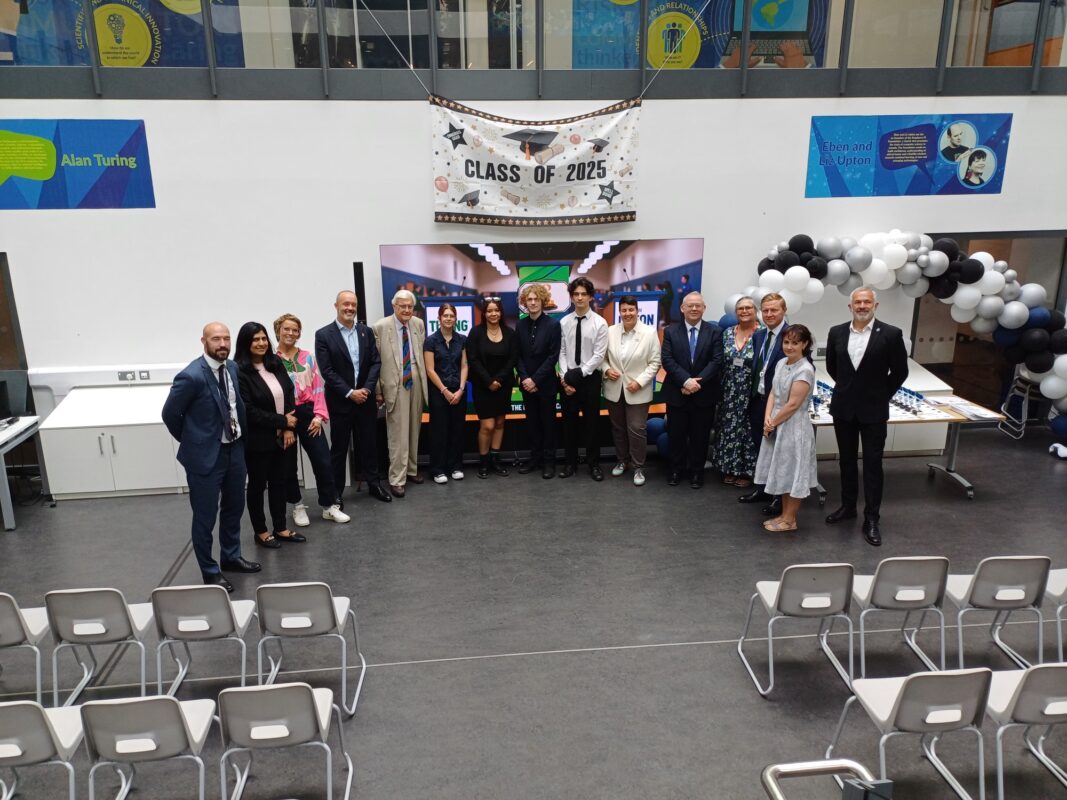
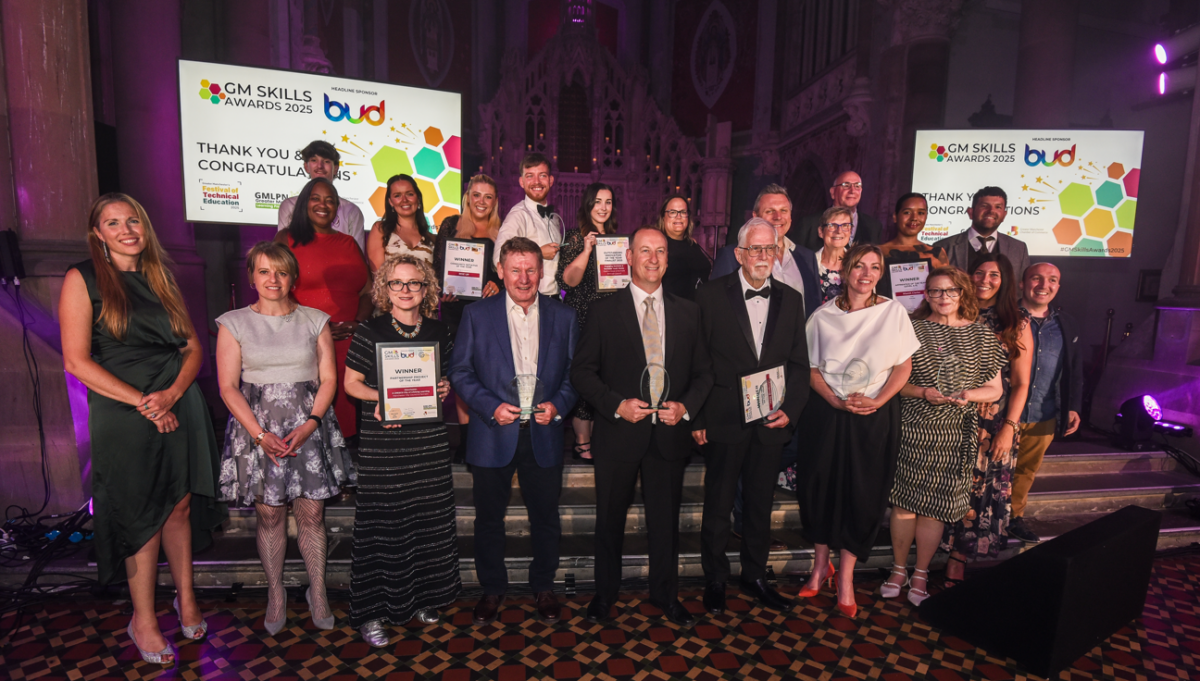

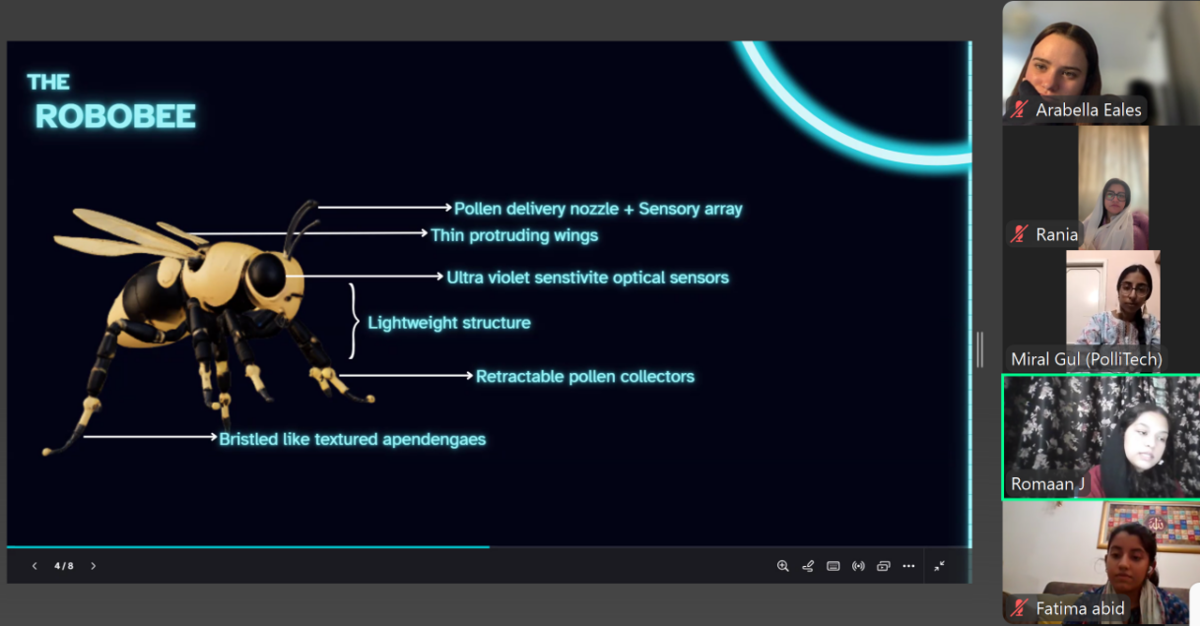
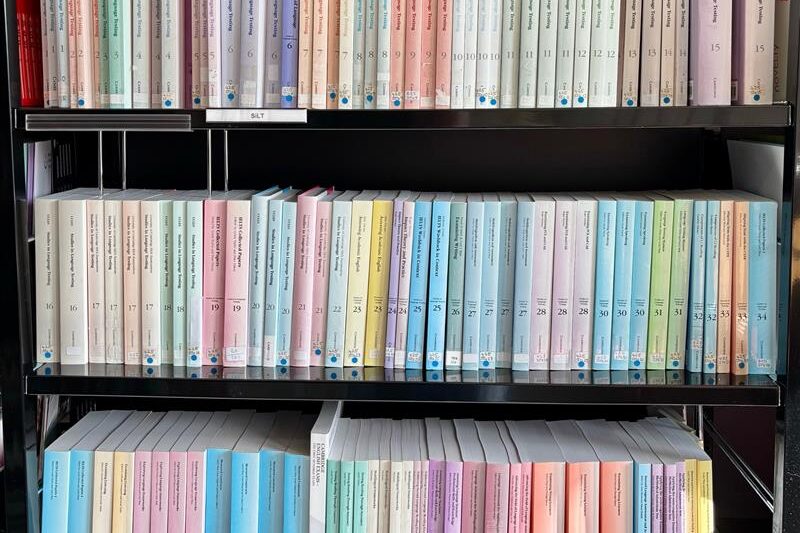


Responses